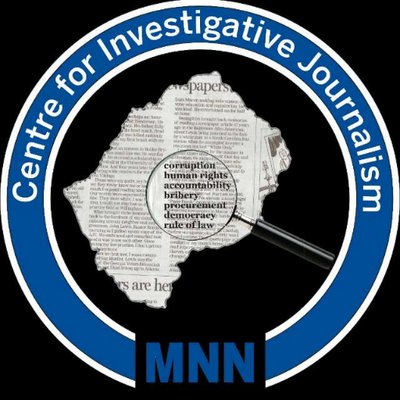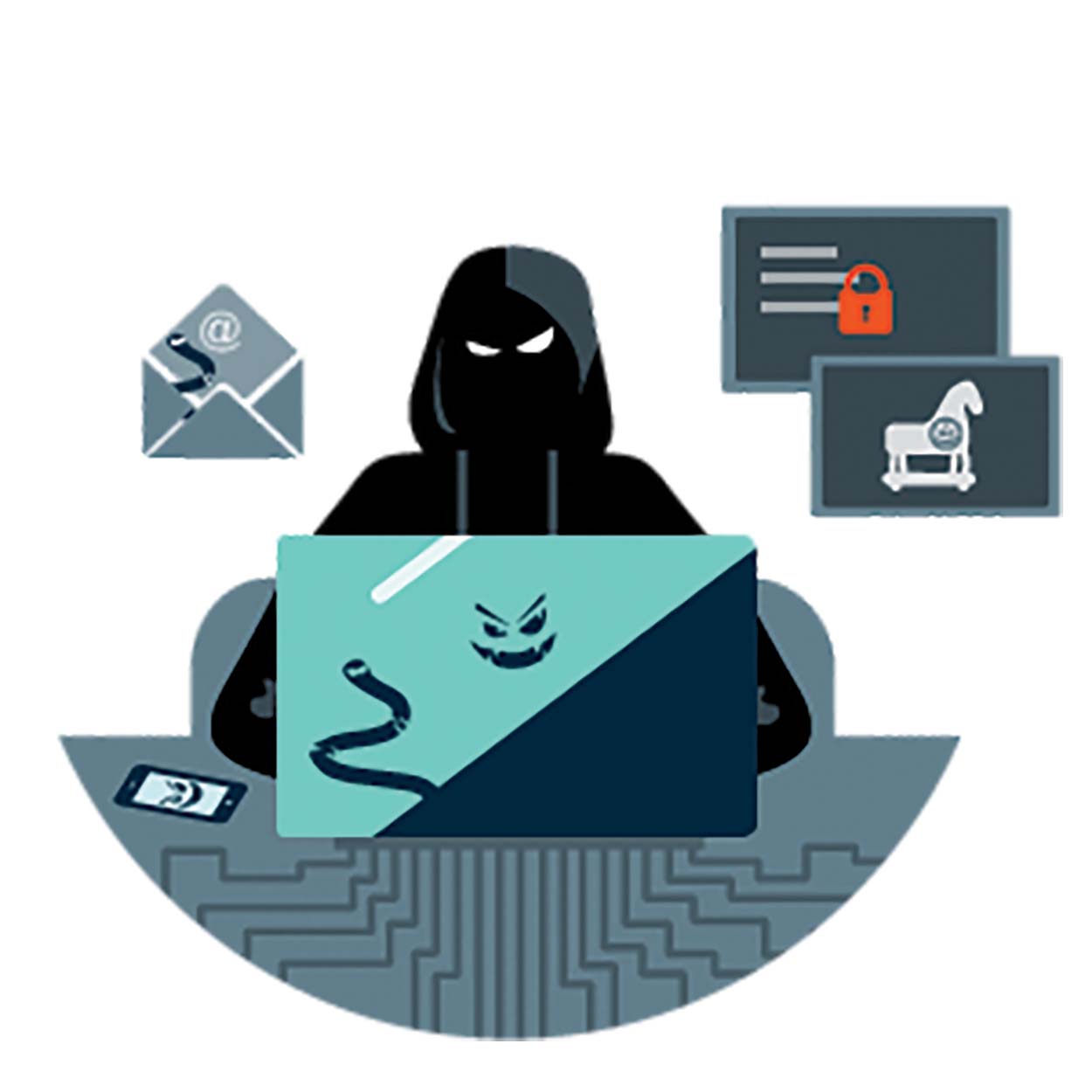Kananelo Boloetse
The current environment in Lesotho is not conducive for journalists to freely discharge their mandates, a recent survey by the MNN Center for Investigative Journalism (MNNCIJ) has found.
Things will get worse if the parliament passes the Computer Crimes and Cyber Security Bill of 2023 into law in its current form.
Media practitioners who responded to the survey indicated that they strongly believed that passing the bill without reviewing or deleting certain six specific clauses will force them into a self-censorship space.
As a result, the citizens would be denied their right to verified information provided by independent and free media.
MNNCIJ’s report, produced by ‘Matiisetso Mosala, Nteboheleng Thamae, and Pascalinah Kabi was published on Monday this week.
“In 2021, Lesotho’s National Assembly approved a Computer Crime and Cybersecurity Bill aimed at combating cyber-crimes in the country. Six provisions of the Bill aim to give the state powers to monitor cyberspace and impose hefty fines to individuals in possession of confidential state documents if found guilty by Lesotho courts of law,†reads the report.
It seeks to demonstrate how those six specific clauses of the impending computer crimes and cybersecurity Law seek to stifle media freedom in the country.
These specific clauses deal with criminal defamation, unsolicited messages, and disclosure of investigation details, search and seizure powers, data interference, and data espionage.
Mosala, Thamae, and Kabi noted in the report that drawing from the results of the survey, their analysis is that enacting the bill in its original form will be “a final nail in the coffin in creating an environment where journalists will self-censor and not investigate and publish evidence-based exposés that help the public to make informed decisionsâ€.
They said: “Specifically, 75 percent of the respondents strongly believe that sections 24, 26, 38, 39, 43, and 59 of the Bill threaten their freedom to discharge their journalistic mandate.â€
They further stated that while the government says the Bill is intended to police cyberspace and control disinformation and misinformation peddled by faceless individuals on social media platforms like Facebook, journalists strongly feel targeted by the above-mentioned.
Furthermore, the trio added, journalists strongly feel that the Bill would be a double-edged sword on media freedom as media practitioners would be forced to deal with repressive laws and other physical threats at the same time.
“Media practitioners in Lesotho strongly believe that passing this Bill without reviewing or deleting these six specific clauses shall force them into a self-censorship space,†they said.
Some of the crimes defined in the bill include data espionage, cyber terrorism, cyber extortion, distributing child pornography, computer-related forgery, and fraud, identity-related crimes, racist and xenophobic insults, and the distribution of nude images of people without their consent.
According to the MNNCIJ report, 79 percent of the journalists who participated in the survey said that they do not want the Bill to be passed in its current form.
They, therefore, proposed amendments before the passing of the Bill.
“Furthermore, the respondents have proposed a new round of deliberations on the Bill before its passing. They believe it is important for all stakeholders to share their thoughts on the Bill and stakeholders’ submissions must be captured into the Bill before it can be tabled in the National Assembly,†the report reads.
It adds: “This will enable all stakeholders to find each other and speak in unison, contrary to what is currently happening on different platforms convened to discuss the contents of the Bill.â€
Summary
- Mosala, Thamae, and Kabi noted in the report that drawing from the results of the survey, their analysis is that enacting the bill in its original form will be “a final nail in the coffin in creating an environment where journalists will self-censor and not investigate and publish evidence-based exposés that help the public to make informed decisionsâ€.
- The trio added, journalists strongly feel that the Bill would be a double-edged sword on media freedom as media practitioners would be forced to deal with repressive laws and other physical threats at the same time.
- They believe it is important for all stakeholders to share their thoughts on the Bill and stakeholders’ submissions must be captured into the Bill before it can be tabled in the National Assembly,†the report reads.

Your Trusted Source for News and Insights in Lesotho!
At Newsday Media, we are passionate about delivering accurate, timely, and engaging news and multimedia content to our diverse audience. Founded with the vision of revolutionizing the media landscape in Lesotho, we have grown into a leading hybrid media company that blends traditional journalism with innovative digital platforms.










